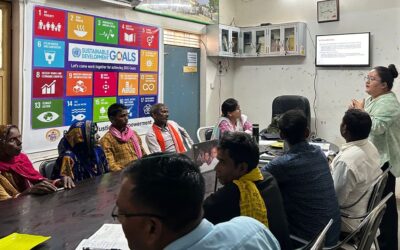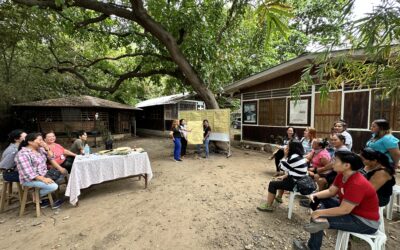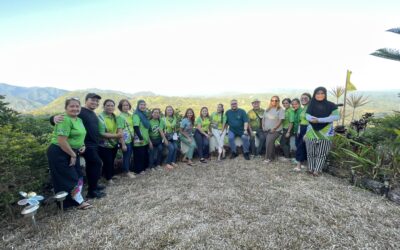Free the Slaves’ Community Liberation Toolkit (CLT) continues to serve as a training tool for anti-slavery impact among grassroots organizations. Since 2020, following the onset of the COVID-19 pandemic, FTS has invested in the development of online tools to train and mobilize diverse stakeholders and advance anti-modern slavery efforts across the world.
Last month, FTS Kenya adapted and piloted the online version of Module 1 through an intensive five-day session that provided insight on how Kenyan organizations can educate and mobilize vulnerable communities. The module facilitates a proactive community-led response against modern slavery through awareness-raising, rights education, and sustainable advocacy initiatives. The contents also expose participants to research methodologies, such as focus group discussions and social mapping, community mobilization techniques through the development of action plans, and measuring tools to gauge communities’ ability to withstand and recover from modern slavery.
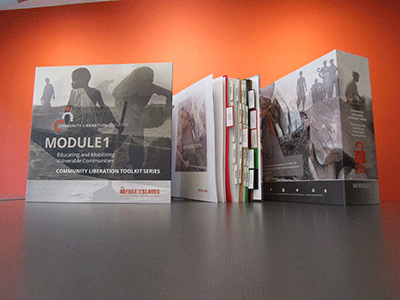
The training exposed participants to rigorous dialogue and scrutiny surrounding the complex nature of modern slavery and the need for a multifaceted response. Each daily session lasted three hours and included interactive exercises such as case study analyses and group discussions. Participants acquired in-depth knowledge of international and national human rights laws, safe migration, and the attitudes and norms that challenge social hierarchies and discrimination, two factors that heighten vulnerability to slavery.
One participant shared, “The training was very important. Most of the people have some background [on modern slavery], but now…they were enlightened more.”
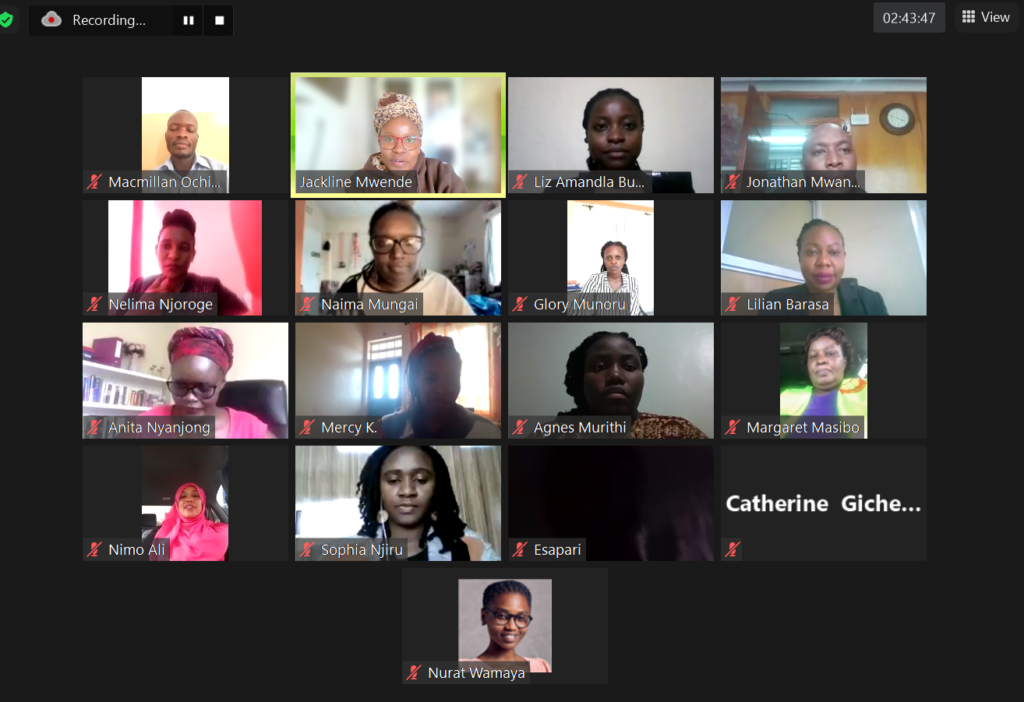
As a result of the training, 15 representatives from 9 civil society organizations are better equipped to support communities, survivors, and victims affected by modern slavery through an approach that engages communities sustains research, promotes advocacy, and establishes a more cohesive anti-slavery movement through knowledge exchange and collaboration. Given that the organizations represented operate in different realms, including relief, development, and human rights, the training ensures that the anti-slavery response in Kenya is a concerted effort that reaches stakeholders across all levels and localities for maximum impact.
Participant feedback was obtained during the last session and provided FTS with a better understanding of how it can continue to reinforce its virtual tools to effectively enhance organizations’ capacities. Moving forward, FTS Kenya will continue to sustain relationships with the represented organizations and establish partnerships that will build anti-slavery momentum so that vulnerable populations are protected and communities are strengthened.
Learn more about the Free the Slaves toolkit here.
Lianet Rosado is the FTS Program Associate

